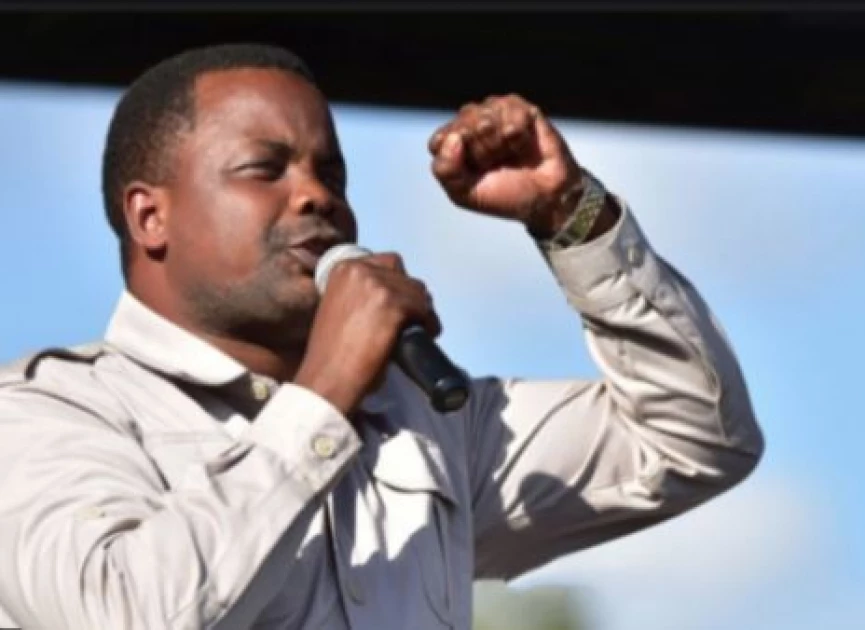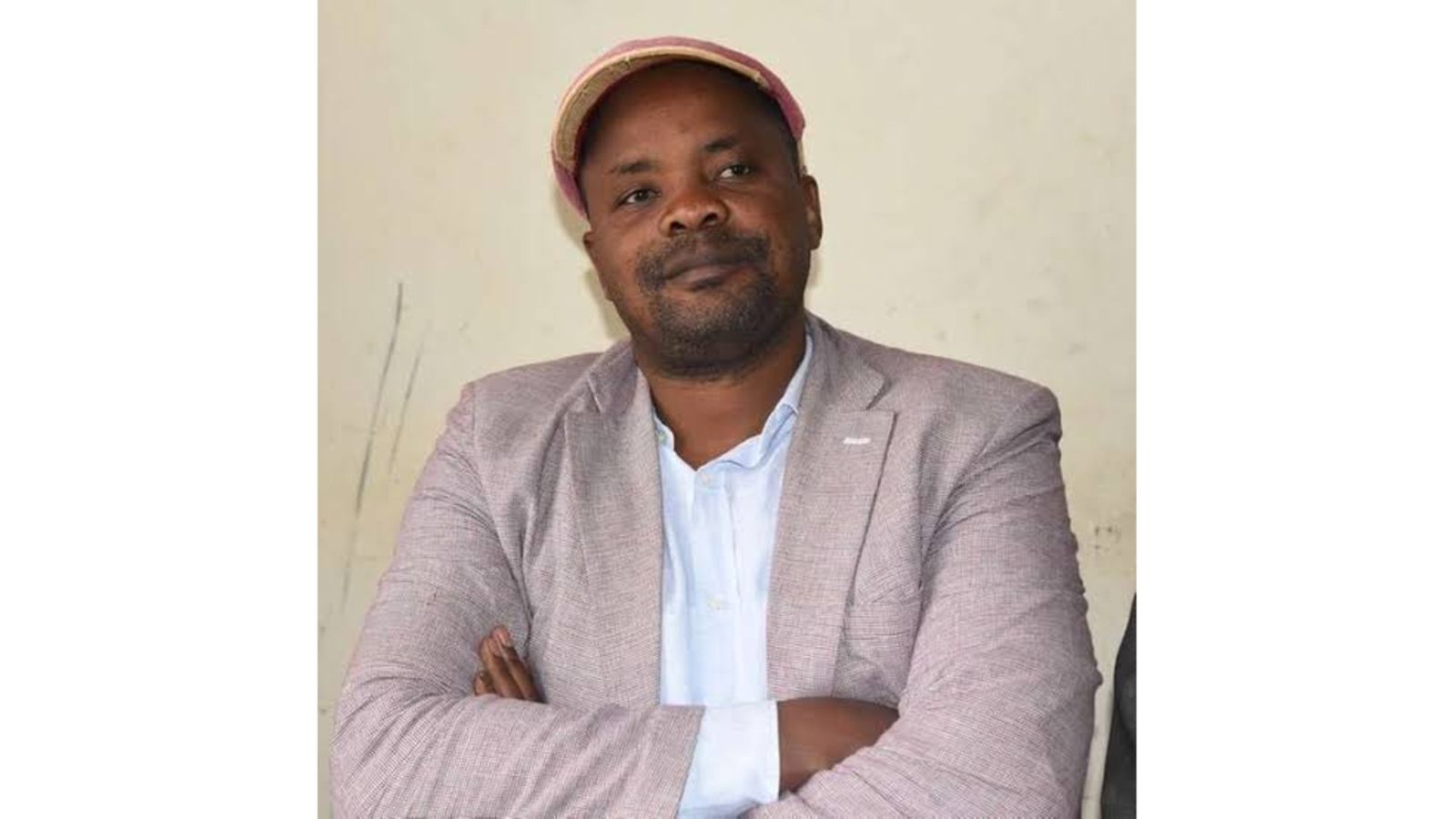Tanzanian opposition figure Godbless Lema was recently barred from leaving the country while attempting to cross into Kenya for medical treatment. The incident, which unfolded at the Namanga border post on Friday, June 6, has drawn attention to the growing concerns about political freedom in the country.

Lema, a former Member of Parliament for Arusha Urban and a senior figure in the opposition CHADEMA party, revealed that he was detained for over four hours before being informed that he could not proceed with his journey. Immigration officers reportedly confiscated his passport and instructed him to return to Arusha, pending further direction from the Immigration Headquarters in Dodoma.

In a statement shared online, Lema expressed frustration over the ordeal, describing it as a reflection of deeper systemic issues in Tanzania’s governance. “I waited for more than four hours only to be told I can’t travel. My passport has been taken, and I’m to report to Dodoma for further clarification,” he wrote.
He went on to reflect on the broader implications of the incident, highlighting what he sees as an increasingly repressive environment under President Samia Suluhu Hassan’s leadership. “I hope this suffering ends soon. No child, not even those of our oppressors, should grow up in such a society. We shall overcome,” he added.
In response to the incident, the Tanzania Immigration Service confirmed the seizure of Lema’s passport and his restriction from international travel. However, the department denied allegations that CHADEMA leaders were under a general travel ban. The department’s spokesperson, SSI Paul J. Mselle, urged the public to disregard claims suggesting widespread political targeting.
The border standoff involving Lema comes at a time when Tanzanian authorities are facing criticism for cracking down on dissent. Just days earlier, the government revoked the registration of a church led by MP and religious leader Bishop Josephat Gwajima. Officials accused the church of inciting public unrest through its sermons an allegation that Gwajima denies, maintaining that his criticisms focused on the unlawful abduction of activists across the region.
As tensions rise, incidents like Lema’s travel denial are fueling debate about the state of civil liberties and democratic space in Tanzania, with opposition figures and rights groups calling for transparency and reforms.

Leave a Reply